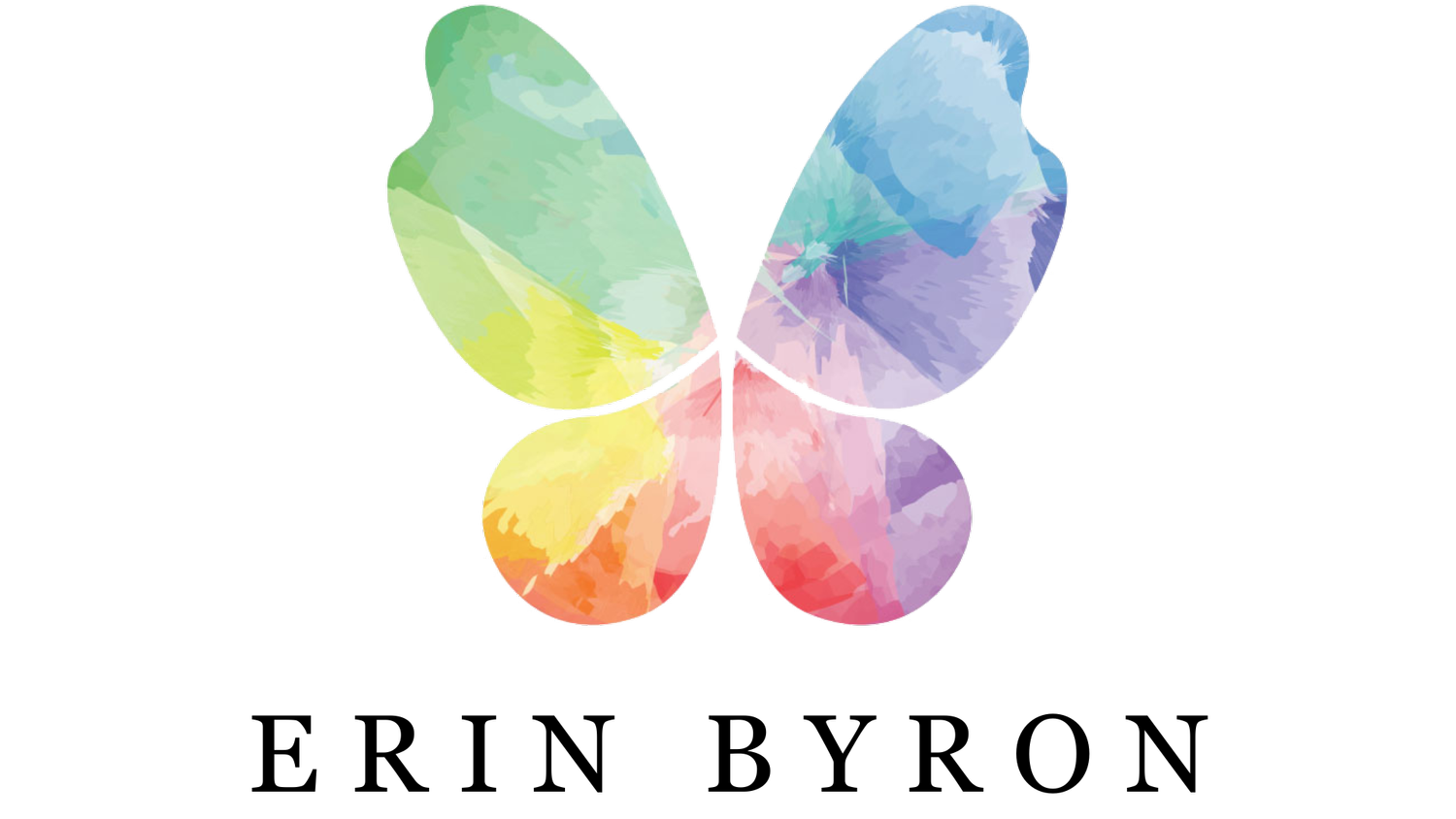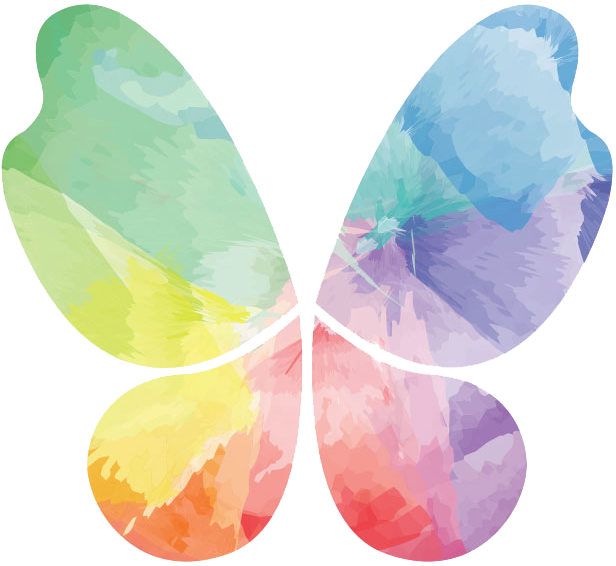Frequently Ask Questions
I am a health professional looking to expand my knowledge of trauma and PTSD and how better to support clients. Is Trauma Aware Yoga Training a good workshop for me to take?
Yes, appropriate and important. Many first responders, youth workers, counsellors/therapists, schoolteachers, business managers and other professionals take this training.
Sometimes we encounter high-intensity situations in the workplace and understanding traumatic stress helps ensure best outcomes for all concerned.
I teach specific pitfalls and common mistakes professional encounter when working with trauma survivors.
You will enjoy the discussion-based and practical approach to applying the awareness and tools to client, student and employee relations.
I've been a trauma professional for many years. How will this add to my skills?
Conclusive research over the last 5 years has been prolific!
We know more than ever about the neuroanatomy of trauma and recovery.
For those of you in the field of yoga or somatic education, there is finally concrete evidence explaining and supporting what you have seen in practice for years.
Many students comment on how, even though they specialise in work with trauma clients, their perspectives broadened/shifted as a result of the training.
How will we spend our time at the training?
We have educational pieces, discussion, yoga postures, breathing, relaxation, visualization, and Q&A on the agenda.
This blend of learning experiences gives you the chance to work with the information and keeps it interesting.
Direct experience ingrains the practices, philosophy, and tools so you can use them in your life and with students/clients to improve trauma symptoms right away.
I am a trauma survivor dealing with PTSD. How much of the course is targeted towards professionals and how much is truly beneficial for self-help?
Most participants, whether professionals or not, are also trauma survivors. Trauma survivors attend to build a repertoire of coping strategies.
No matter who you are, I'm careful to teach to your level. There are frequent pauses for Q&A and lots of opportunity to practice. This way everyone builds an understanding and resources.
At the end of the weekend, people tell me they feel better equipped and more hopeful now that they have these perspectives and resources. Folks even wind up resenting their symptoms less!
Is the course more academic or yogic?
It's not either/or!
You will learn the science of traumatic symptoms and the recovery journey, relating them to yoga philosophy and practice.
This way, you can match postures, breathing, and other tools to what your clients, students and patients may be going through.
What are some key takeaways?
We cover a lot of ground! The keys are unique to each person: Understanding, inspiration, empowerment and more!
Some key points I make are that trauma recovery is systematic and predictable. You will crack the code!
We work together to set up your practice, inner world and interpersonal relationships within this healing framework.
What are the key benefits?
Explore the cutting-edge techniques to foster mental health
Whether you are new to yoga or an adept this program is designed for you to connect to your creative zest and support others in doing the same. Lift depression, quell anxiety, transform trauma.
Broaden your practice as a yoga teacher, mental health practitioner, educator or executive. For yoga students or students of life!
No art experience or talent necessary – this is about freedom, insight, and non-verbal discovery! Each day you create your own life.
Learn to support mental health in yourself and others through shape, image, sound, and inner journeying.
Personal transformation that combines expressive arts and yoga therapy!
Based on the well-loved book Yoga for the Creative Soul, this personal growth program is an invaluable guide to healing emotional wounds and creating a joyous life.
Uncover your true intentions and the pathway to whole-self health


